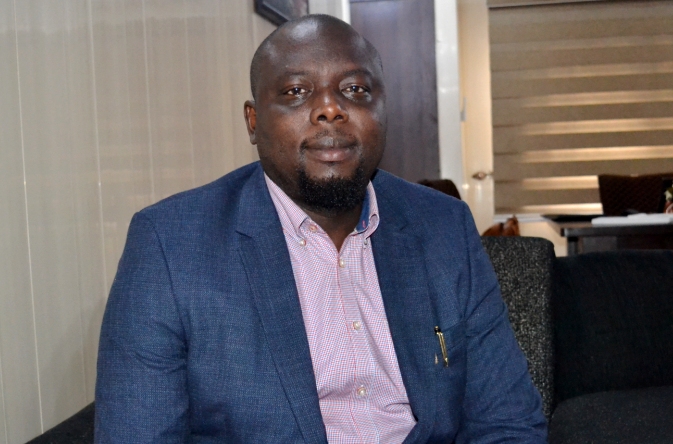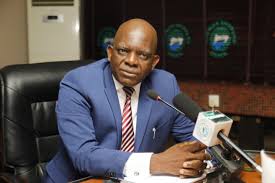Emmanuel Maiguwa, is a maritime safety expert, and President of the Maritime Security Providers Association of Nigeria (MASPAN). He has earned a reputation as a leading voice in the field of maritime security and safety in Nigeria. Maiguwa has been at the forefront of efforts to mitigate piracy, kidnappings, and other threats in the Gulf of Guinea. In this interview with Oluyinka Onigbinde, he provides a critical analysis of the current state of maritime security and outlines the steps necessary to create a safer, more secure maritime environment.

The recent kidnappings of 10 passengers along the Bonny River have raised concerns. Can you tell us if kidnapping in that area is considered a maritime crime?
The issue of kidnapping along the Bonny River is not necessarily a maritime-specific crime; it is a general crime. Our maritime domain has many riverine communities, and criminals operate within their familiar environment. Whether it happens on land or water, the crime remains the same. It’s no different from kidnappings that happen when traveling by car in Lagos. In riverine areas like Bayelsa and Port Harcourt, where people rely on boats for transportation, the crime manifests similarly. The factors responsible for kidnappings inland are very similar to those responsible for crimes in the coastal and inland waterways.
What factors contribute to kidnappings in maritime environments?
Kidnapping, whether on land or water, is driven by opportunities, primarily stemming from socio-economic issues like joblessness. When people lack legitimate employment, and there’s a gap in security, they exploit it for criminal purposes. Our coastline cannot be entirely secured manually, and criminals find loopholes to exploit. A key solution is engaging our youths in legitimate business opportunities, particularly within the maritime industry.
What opportunities exist for engaging youth in maritime activities?
The maritime domain offers immense opportunities. Over the years, many young men in riverine environments have developed skills in navigating boats, building vessels, and understanding the maritime landscape. When opportunities for legitimate business diminish, many of them turn to criminal activities. Unfortunately, maritime activities in areas like the Niger Delta have reduced significantly, leaving skilled youth with fewer legitimate outlets for their talents, which can drive them toward illegal activities.
You mentioned technology as a solution to maritime security. Can you elaborate?
Technology plays a crucial role in securing the maritime environment. Without technology, it’s nearly impossible to identify people and assets in this space. We need to know how many boats are in Nigeria, who is building and navigating them, and we need tools that can track these assets. Identification is the first step in addressing maritime security. The Nigerian government has invested in the NIMASA Deep Blue Project, but that is an intervention asset. Before intervening, we must have proper data on human and material assets in our waters.
What are your thoughts on the current policies for regulating equipment used in the maritime sector?
There’s a policy by the Office of the National Security Advisor (ONSA) concerning end-user certification for equipment that could aid criminality. However, the implementation of this policy has been inconsistent. If equipment used in maritime operations isn’t properly regulated, it exacerbates the security challenge. The process for obtaining end-user certification must be streamlined to prevent the entry of equipment that could aid criminals.
What do you think the government should do to stimulate the maritime industry and reduce criminality?
The government must make the maritime environment more business-friendly. The bottlenecks that exist make international shipping companies view Nigeria as hostile, so they prefer to leave as quickly as possible after completing their business. Small businesses, which include transportation and servicing vessels, can thrive in a more conducive environment. Engaging the youths in these businesses in an organized manner will reduce the likelihood of them turning to criminality.
In your opinion, which agency should be responsible for addressing these socio-economic issues in the maritime sector?
We now have a Ministry of Marine and Blue Economy, which should lead efforts to address maritime-related issues. However, it requires a coordinated approach, involving the Ministry of Defence, the Ministry of Interior, and others. The President must pay special attention to these efforts, with guidance from the National Security Adviser, but the Ministry of Marine and Blue Economy should be the lead. By working together, these agencies can develop a comprehensive strategy to reduce crime and boost legitimate business in the maritime environment.















